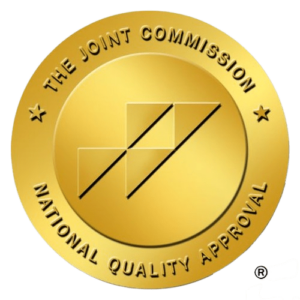Drug Myths

Drug Addiction Myths
Explore the truths behind common drug addiction myths to understand that it’s a brain disease, not a choice or character flaw, and treatment is effective.
Drug addiction is voluntary behavior
A person may begin using drugs voluntarily, but continued use can lead to compulsive and uncontrollable habits. This transition occurs because addictive substances alter the brain's function over time, leading to changes that can be dramatic and toxic or more subtle, driving the compulsive need for the drug.
Drug addiction is a character flaw
Drug addiction is a brain disease, causing molecular and cellular changes, and impairing memory and motor skills. These changes make drug seeking a primary motivator for individuals. Each drug uniquely alters brain function, yet similar disruptive patterns manifest, highlighting overpowering and compulsive nature of addiction.
Drug treatment for it to be effective
Most individuals resist drug treatment unless compelled by court orders or family insistence. Studies indicate that individuals facing intense pressure to overcome addiction show notable improvement, underscoring that the initial motivation to enter treatment doesn’t determine its effectiveness.
Drug addiction should be a one-shot deal
Like many other illnesses, drug addiction typically is a chronic disorder. To be sure, some people can quit drug use "cold turkey," or they can quit after receiving treatment just one time at a rehabilitation facility. But most of those who abuse drugs require longer-term treatment and, in many instances, repeated treatments.
"magic bullet" to treat all forms of drug abuse
A single solution for drug addiction doesn't exist; treatments must be individualized. People, even those using the same drug, have distinct issues and respond variably to treatment. Hence, a variety of customized treatments and services is essential to address the specific needs and challenges faced by each individual.
People can stop using drugs if they really want
Achieving and maintaining abstinence is challenging due to the brain's functional changes from long-term drug use, intensifying cravings. Early intervention is crucial, especially for adolescents, as they get addicted faster and face heightened risks of mental, and psychological harm compared to adults when exposed to illicit substances.
Treatment just doesn't work
Treatment significantly aids addiction recovery, reducing drug use and criminal activity. It also lowers the HIV infection risk among intravenous users and boosts employment prospects, proving its multifaceted effectiveness in rehabilitating individuals, enhancing public health, and improving societal well-being.
seek treatment until they hit "rock bottom"
There are many things that can motivate a person to enter and complete substance abuse treatment before they hit "rock bottom." Pressure from family members and employers, as well as personal recognition that they have a problem, can be powerful motivating factors for individuals to seek treatment.

